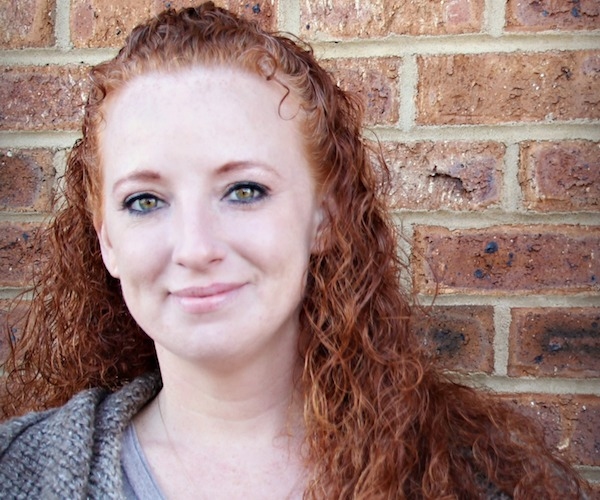
Helping to find the 'right place to go'
November 7th, 2018
The reality of how many social safety net functions and systems work is that sometimes, the people who most need their help to turn things around or to get on the road to self-sufficiency are intentionally excluded from them. An example of this is how Medicaid and SNAP (food stamps) are administered in South Carolina—people who have been convicted of certain felonies, have served their time and been released from prison, are not eligible for Medicaid or SNAP.
Combined with the fact that it is very difficult to land the type of job that includes health insurance as a benefit (or any job at all for many), thousands of people in our state who have served their punishment have no access to health care, behavioral health care, and are stuck in a cycle of poverty, poor health, and struggle.
That is where Becca Harrison found herself in 2017 after being released from prison. The difference for Harrison was, as a Spartanburg resident, there was a local organization in place to fill the void: AccessHealth Spartanburg. Living initially in a transitional home, a local ministry referred Harrison to AccessHealth Spartanburg to get started.
“It changed my whole outlook on life, and it got me straightened out. I didn’t have money or insurance coming straight out of prison, so I’ve been really blessed by AccessHealth,” Harrison said. “The program got me into St. Luke’s (Free Medical Clinic). I got into mental health, and AccessHealth is actually still helping me with my medication and appointments, which is all extremely important to me.”
Harrison, who suffers from a variety of ailments, said she “self-medicated” for years, which led to her legal trouble and eventual imprisonment. By connecting her to regular care and prescription assistance, AccessHealth Spartanburg has helped Harrison establish new patterns. That stability also helped Harrison find and maintain regular employment.
“The way to take care of things when I was growing up was to dope yourself up,” Harrison said. “That was the only way I knew to handle anything. ... I felt like it didn’t matter what I did – the whole world was against me. But I know I can do this. I know I needed AccessHealth’s help and couldn’t have done it without them.
“My medication helps me to stay grounded. I easily give up on myself, and my caseworker has given me confidence that I’ve got this. She lets me know I’m taking the right steps. And sometimes that’s what you need to hear, especially when you don’t have a clue where your next step is going to take you. This life I’m living is all new to me.”
One of the most important keys to the new life Harrison is steadily building has been her relationship with her AccessHealth Spartanburg caseworker, she said.
“She would ask how my life was going and was concerned with what was going on with me instead of just seeing me as a patient,” Harrison said. “I felt like she cared about me as a person because she acts like a friend and she’s easy to talk to. She’s been great and is so supportive. She gave me a number to call that would help me quit smoking. I know if I need help, she will point me in the right place to go.”
The right place to go. That can be a difficult place to find for people with significant social connections and support. For people who are trying to rebuild their life after prison, it can be a very lonely journey. In Spartanburg County, AccessHealth Spartanburg helps fill that void and, in the process, build a healthier, stronger community for everyone.
Supporting Health Care Access
Supports our Entire Community
© 2025 AccessHealth Spartanburg. All Rights Reserved
| Privacy Policy | Cookie Policy|
Site by: ALINE, A Marketing Company
